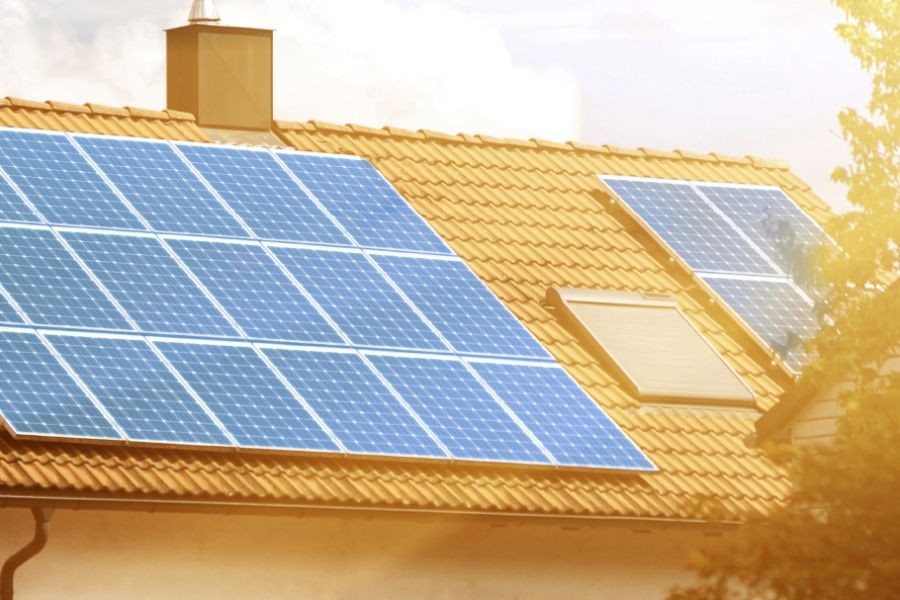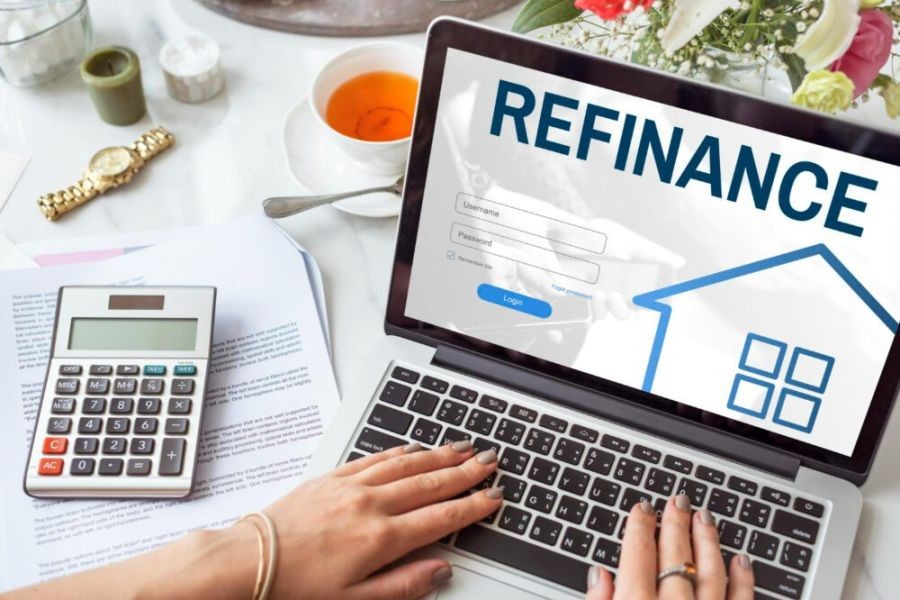In recent years, Australia has seen a remarkable shift towards renewable energy, with solar power leading the charge. As more homeowners consider installing solar panels, a pressing question arises: Is home solar energy more cost-effective than relying on grid electricity? This article delves into the financial implications of both options, providing a data-driven analysis tailored for real estate experts and homeowners alike.
Understanding the Cost Dynamics: Solar vs. Grid Electricity
Australia, blessed with abundant sunlight, has become a global leader in solar energy adoption. According to the Australian Bureau of Statistics, nearly 30% of Australian households had rooftop solar panels by 2023. This surge is driven by both environmental concerns and the potential for significant cost savings.
Case Study: Solar Energy Adoption in Queensland
Problem: In Queensland, a state known for its sunny climate, rising electricity costs were a significant burden for many homeowners. A typical household's electricity bill could exceed AUD 1,500 annually, heavily influenced by grid electricity costs.
Action: The Queensland government introduced incentives for solar panel installations, including rebates and feed-in tariffs, encouraging homeowners to switch to solar energy. A Brisbane family, the Thompsons, opted for a 6.6 kW solar system, capitalizing on these incentives.
Result: Within a year, the Thompsons reduced their electricity bills by 70%, saving approximately AUD 1,050 annually. Moreover, they contributed excess energy back to the grid, earning additional income through feed-in tariffs.
Takeaway: The Queensland example underscores how strategic government incentives and natural advantages can drive solar adoption, offering substantial cost savings.
Comparative Analysis: Pros and Cons of Each Option
Pros of Home Solar Energy
- Cost Savings: Homeowners can significantly reduce or even eliminate their electricity bills.
- Environmental Impact: Solar energy is a clean, renewable resource that reduces carbon footprints.
- Increased Property Value: Homes with solar installations often see a boost in market value.
- Government Incentives: Various Australian states offer rebates and incentives for solar installations.
Cons of Home Solar Energy
- Initial Costs: The upfront cost of solar panel installation can be high, though prices are decreasing.
- Weather Dependency: Solar efficiency can fluctuate with weather conditions.
- Maintenance Requirements: While minimal, solar panels require periodic maintenance to ensure optimal performance.
Grid Electricity: Pros and Cons
Pros of Grid Electricity
- Reliability: Grid electricity provides a consistent and reliable power supply.
- No Initial Costs: Connecting to the grid involves no upfront investment like solar panel installations.
Cons of Grid Electricity
- Rising Costs: Electricity prices have been increasing, with the RBA noting a 3% annual rise in recent years.
- Environmental Concerns: Grid electricity heavily relies on fossil fuels, contributing to carbon emissions.
Common Myths and Mistakes
Myth: "Solar panels only work in sunny weather." Reality: While efficiency is higher on sunny days, solar panels continue to generate electricity even on cloudy days, albeit at reduced efficiency.
Myth: "Solar energy is not financially viable without government incentives." Reality: With declining solar panel costs, many households find solar energy financially viable, even without incentives, thanks to long-term savings.
Myth: "You can't sell excess solar energy back to the grid." Reality: Most Australian states offer feed-in tariffs, allowing homeowners to earn from surplus energy produced.
Future Trends and Predictions
As Australia continues its transition to renewable energy, solar power adoption is expected to grow. The Australian Energy Market Operator (AEMO) predicts that by 2030, over 40% of Australian households will have solar panels. This growth will likely drive further technological advancements, reducing costs and improving efficiency.
Final Takeaways
- Solar energy offers significant long-term cost savings and environmental benefits.
- Government incentives play a crucial role in making solar installations more accessible.
- Grid electricity remains reliable but is increasingly expensive and environmentally taxing.
- Homeowners should evaluate their specific circumstances, including location and financial capability, before deciding.
In conclusion, while initial costs can be a barrier, the long-term financial benefits and environmental advantages make solar energy an attractive option for many Australian homeowners. As Australia advances towards a sustainable future, embracing solar energy not only saves money but also supports the country's renewable energy goals.
People Also Ask
How does solar energy impact property values in Australia? Homes with solar installations often see increased property values, as buyers value the prospect of lower utility bills and sustainable living.
What are the biggest misconceptions about solar energy? A common myth is that solar panels do not work on cloudy days, but they do generate electricity, albeit at reduced efficiency.
What are the best strategies for implementing solar energy at home? Start by assessing energy needs, consider government incentives, and choose a reputable installer for optimal results.
Related Search Queries
- solar vs grid electricity Australia
- solar panel installation costs in Australia
- grid electricity prices in Australia
- benefits of solar energy in Australia
- government incentives for solar energy in Australia































